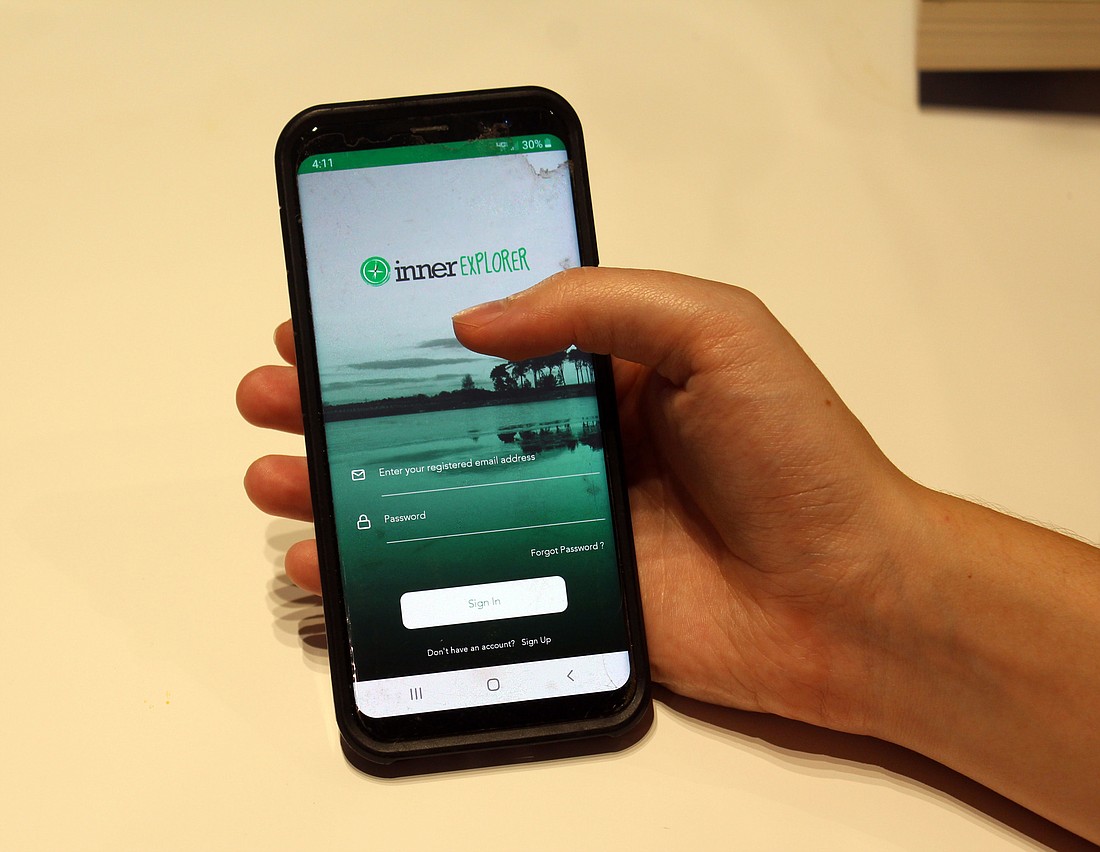- April 24, 2024
-
-
Loading

Loading

With social isolation, the unknown parameters around the start of the school year and the fear of getting sick, students are facing added levels of stress.
Too much stress can have lifelong effects, so district therapists say students and parents should work together to manage it.
“Physical health is here and now. You can see it,” therapist Jennifer Gravesen said. “Whereas with mental health, that’s a long-lasting impact so it’s important to pay closer attention to your child’s behavior so we can monitor the long-term impact.”
Currently, Gravesen said, students are questioning a lot, and parents should be prepared for questions like: Are we going back to school? What’s it going to look like when we go back? Will I have to wear a mask all day? How often do I have to wash my hands?
One of the most common stressors Gravesen said her students are experiencing right now is not knowing when they’re going to see their teachers again.
“The school year has wrapped up, and so there are kids transitioning to new grade levels or new schools, and they didn’t get to say goodbye,” she said. “That uncertainty is really hard.”
Some tell-tale signs of stressed or anxious children include withdrawal, irritability, changes in sleep, nightmares, lack of interest and behavior regressions.
“Kindergarten students may start seeing potty training accidents, or kids who are pretty mellow might start having emotional outbursts again,” Gravesen said. “Older kids might start having clinginess to a caregiver, especially when they think about going back to school.”
When it comes to managing a child’s stress, the onus is on the parents.
Parents should limit children’s media access, have conversations where kids can air out their feelings and know when to give their child space, Gravesen said.
“Parents should really focus on giving their child the chance to air out their feelings,” Gravesen said. “It’s OK to say there’s a lot of uncertainty right now and that you don’t have all the answers.”
Often, Gravesen said, parents should take a hands-on approach with younger students where they give emotions and examples to talk about with their child. Older students, however, might need to be given space where they make the choice to talk with the parent.
“One phrase I love is, ‘I’m here to listen anytime you want to talk,’” Gravesen said. “It’s very based in the relationship that you have with your elementary kids or your teenager. You have to feel out what they need.”
A popular coping skill Gravesen suggests is focusing on the five senses. When a child is feeling anxious, parents should ask them to name something they can see, smell, feel, hear and taste.
“When people hear mindfulness, it sounds like a big, scary thing,” Gravesen said. “But really, it’s as simple as sitting back and looking at the clouds and feeling the grass.”
In a previous interview, assistant superintendent and chief academic officer Laura Kingsley said parents also are encouraged to participate in stress-relieving activities with their kids, such as the district’s Inner Explorer app, which works students through mindfulness techniques.
“Some families may be experiencing unemployment, they see the stress of the adults around them, God forbid they say sickness in the family,” Kingsley said. “I think it’s a very challenging time for kids and they may be a little forgotten in all of this because there are so many big issues that are adult issues. So this is a way to encourage families to sign up for a daily does of breathing and relaxation together.